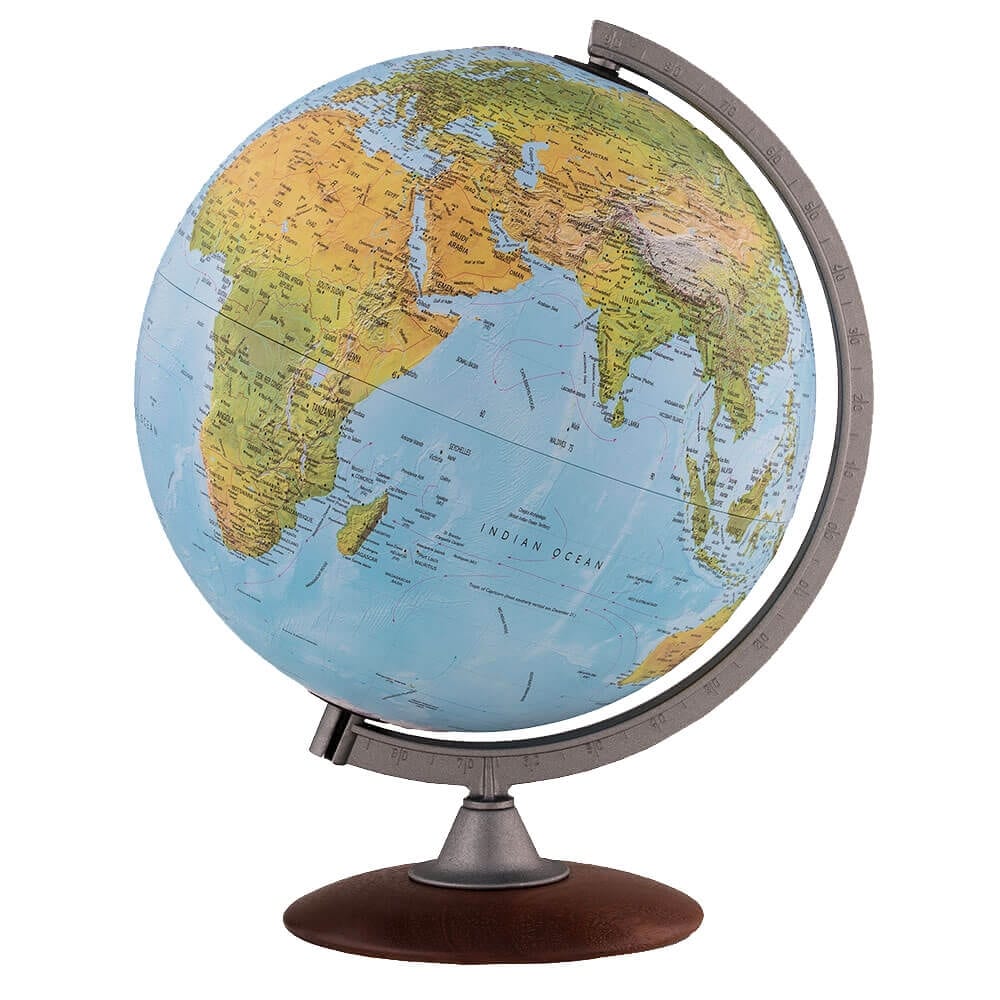Welcome to the HMRT 2043 Moodle Page. We will be using this space as our virtual classroom in order to complete our term's work online. Please check here for lectures, notes, assignments, and any course-related communication.
- Teacher: Rodger Wilkie
The theory and practice, the art and science, the challenges and rewards of reading and writing history. We will examine various historiographical approaches, while seeking to answer questions such as: What is history? Why do we do it? And what makes good historical research?
History is the study of the past, but this simple definition begs more questions than it answers. Whose past? What aspects of the past? How can the past be studied, when even the present defies our efforts to understand it in all its complexities? Students will be encouraged to grapple with these and other challenges as part of their introduction to the task of “doing” history.
This section of HIST 2003 has been built around the notion that the modern historian’s craft is in some ways similar to that of medieval and early modern inquisitors. Both seek (or sought) to discover “the truth” about what people did and/or believed in the past—with very different motives, perhaps, but often following the same methodologies of reading and interpreting written, artifactual and oral testimonies. Fascinatingly, the archival records of European inquisitions themselves have recently emerged as hotly-contested sources for studying some of the least-known peoples of the past: religious and cultural “minorities”, for example, whose oppression and/or extinction ensured that they left few if any records of their own. Students will consider important problems in this field, forming their own opinions concerning its promises and problems.
- Teacher: Robin Vose
This course will examine some of the institutionalized ways in which marginalized and/or non-conforming individuals and groups have come to be targeted by processes of categorization, control, censorship, and punishment, among other types of persecution. Our focus will primarily centre on inquisitions, legal proscriptions, and indices of prohibited books that were imposed in regions subjected to Roman Catholic Church authority from the fall of the old (western) Roman empire to the rise of new forms of (global) imperialism in the modern era. 3 credit hours. Prerequisite: none.
- Teacher: Robin Vose
A study of political and social developments in Latin American republics during the twentieth century. This year's seminar will focus on the U.S.-Latin American relationship.
- Teacher: Karen Robert

This Moodle site provides information for students currently enrolled in the History Department's Honours Programme. It is operated by the History Department's Honours Director.
- Honours Director: Michael Dawson